
Student-Led Organizations: Get Involved
Seven years ago, my elementary guidance counselor suggested I join the school's student government. I have been a member ever since. Three years ago, a community leader approached me during one of my school's student government meetings. She offered me a position on the city government's youth advisory board. Five months ago, through that local board, I was made aware of a state program, and eventually applied and got accepted into the program. This is where I met Ananda Chatterjee, who invited me to become a project member on Generation Z Media.
Among all of these occurrences, there is one common denominator—a single shared factor—that opened the doors for building new connections, and paved the way for creating many valuable opportunities. It was this one unique underlying influence that has shaped the entirety of my school career and my academic outcomes. Do you have any guess as to what it may be?
Student-led organizations.
Student-led organizations have helped me expand my social circle and build a successful academic portfolio. And, more importantly, they have taught me necessary character skills toward being successful as an individual. To name just a few skills:
Collaboration and leadership.
Student-led organizations challenge students to work together to tackle relevant issues. It was during the Vietnam War that a common goal for peace united students in battling a legal challenge dragging out to the highest court of the land, and eventually ended in a hard-earned victory for the unwavering youth movement. Through bold leadership and collaboration with community leaders, the five-member student movement fought for their right to freedom of expression, and preserved that right for themselves and the entire nation's public schooling.
Creativity.
Students leading organizations often come together under a common goal. Advocacy of peace in Vietnam (and by extension, freedom of expression) was the common goal of the students in the example of Tinker v. Des Moines. However, it is not necessarily usual for student-led organizations to have a national goal to guide their ambitions. Goals for student-led organizations need to resonate with youth, meaning talented and intelligent students must cautiously consider appropriate goals, requiring out-of-the-box thinking. Student-led organizations push for creativity in youth.
Junior State of America, for example, is a relatively new student-led organization that advocates for youth participation in democracy. Organized in all parts of the country, students collaborate to brainstorm creative methods of expanding voting in local, state, and national elections to all up-and-coming voters. Chapters of the organization coordinate voter-registration drives in schools and host conferences for students to discuss pressing issues at all levels of democracy. Since its creation, Junior State of America has over 500,000 student members and has been supported by the likes of personalities such as Colin Powell and Ralph Nader. In another example, Generation Z Media, founded and led by students, aims to shine light on pressing and unique issues facing youth to encourage informed and involved Generation Z'ers. Founded less than a year ago, the organization has already begun a successful campaign to spread awareness on youth poverty in Florida’s state capital, and has since expanded operations to both coasts of Florida as well as three other states.
Get Involved.
The importance of student-led organizations is undeniable. The number of clubs in schools, social media groups, and community gatherings all geared toward students is evident of our instinct as youth for desiring to organize as a collective. Unity is strength; division is weakness.
If you're looking to speak out, or to advocate for a goal, or to simply get involved in your school or community, do not go at it alone. Reach out to friends, siblings, or classmates. Lead a coalition that will help spearhead your organization. You may end up building a movement that goes on to change the world.





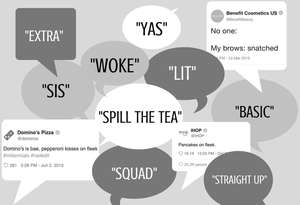















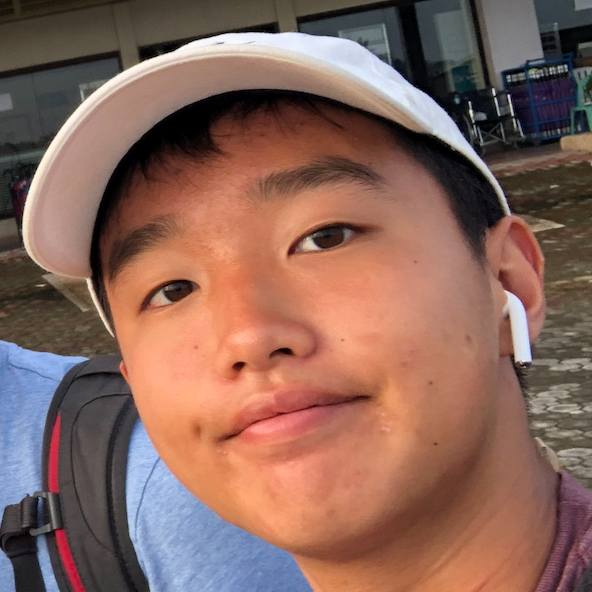

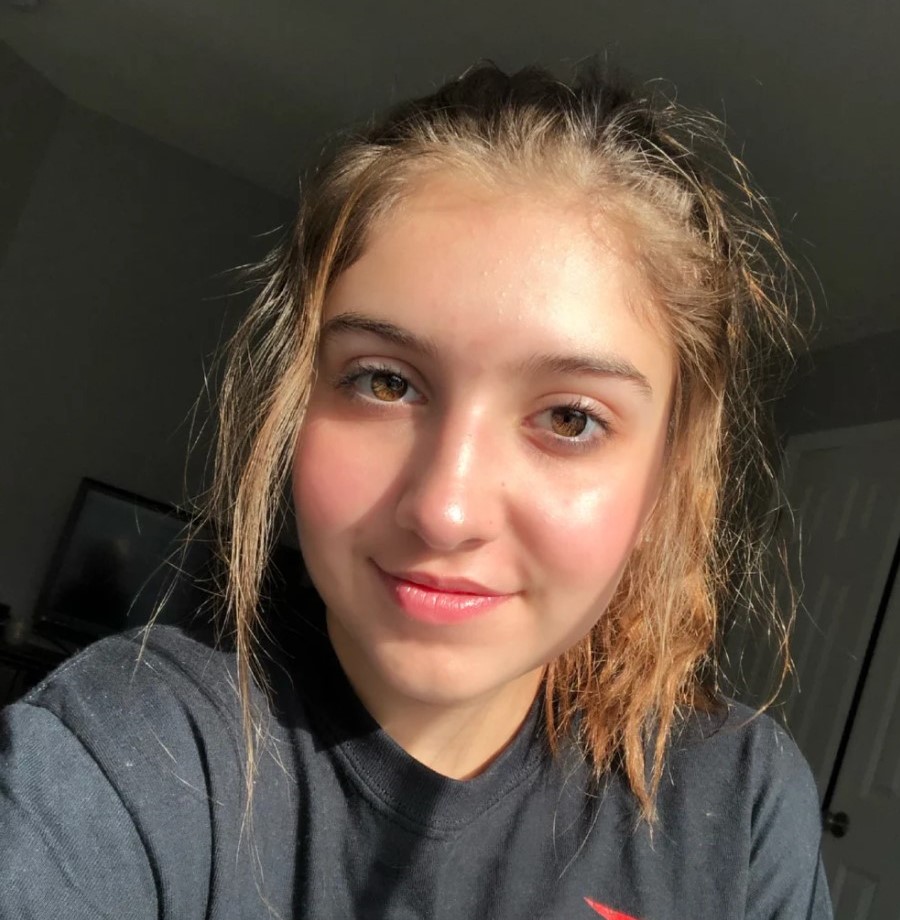

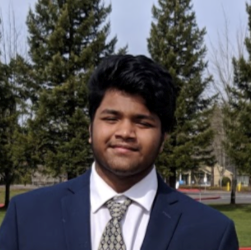

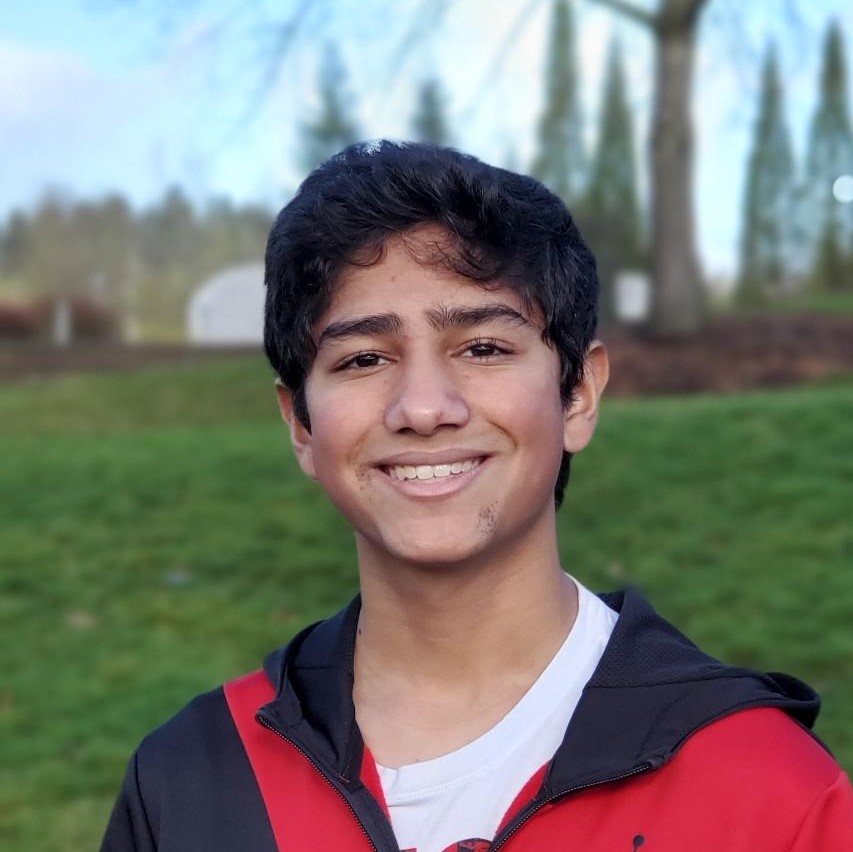

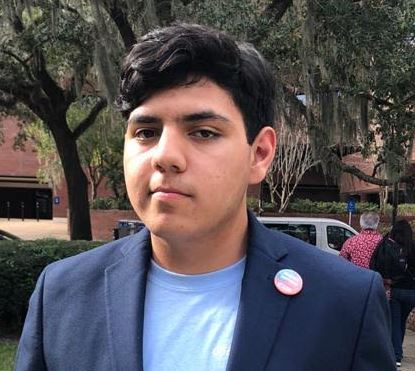
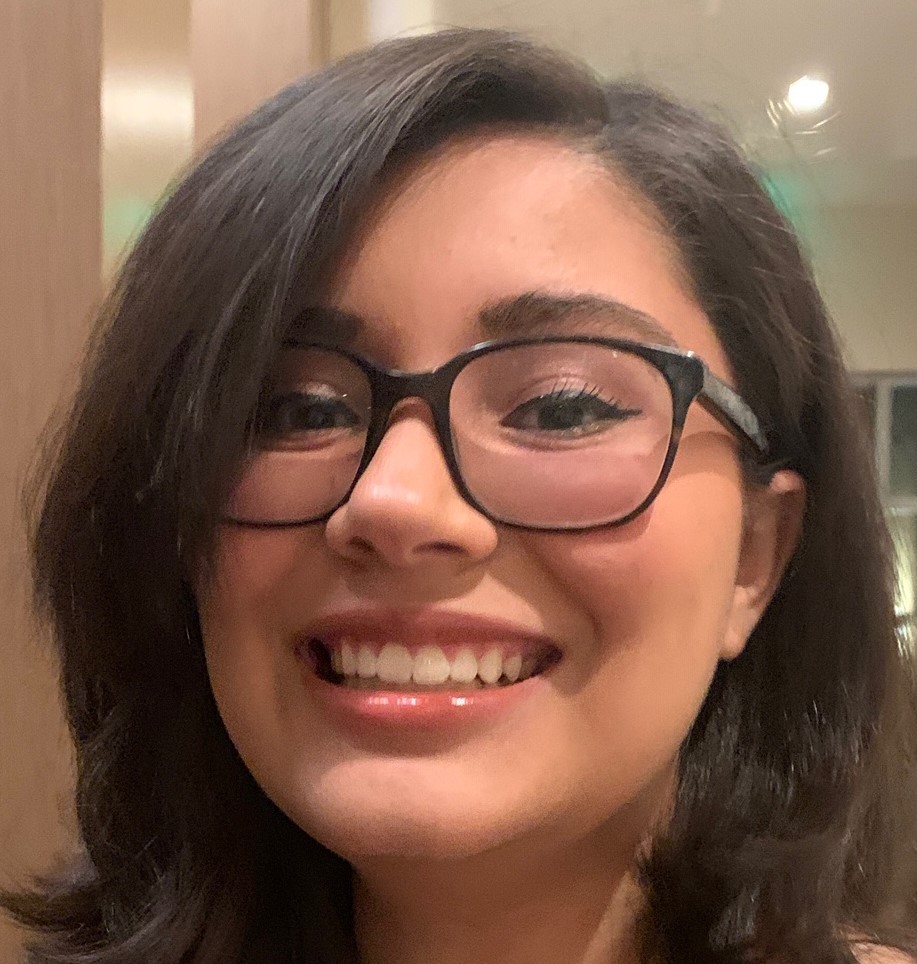


Comments